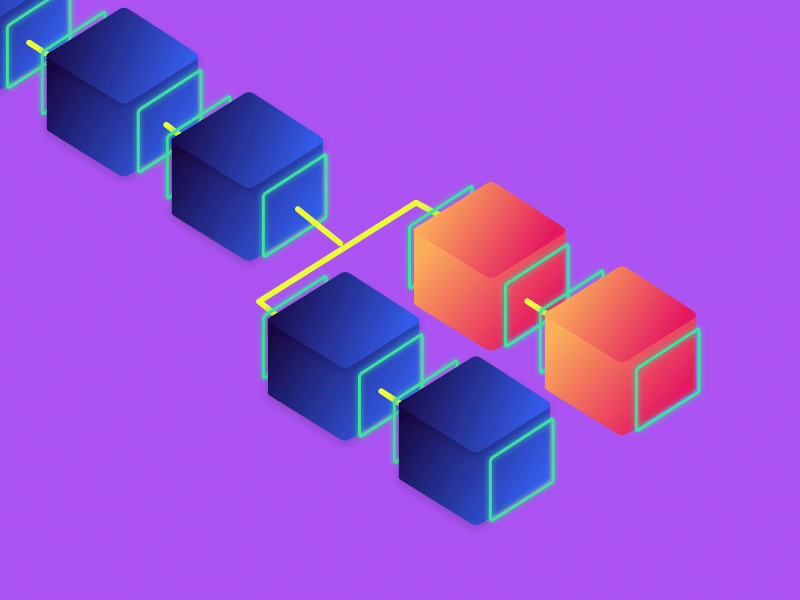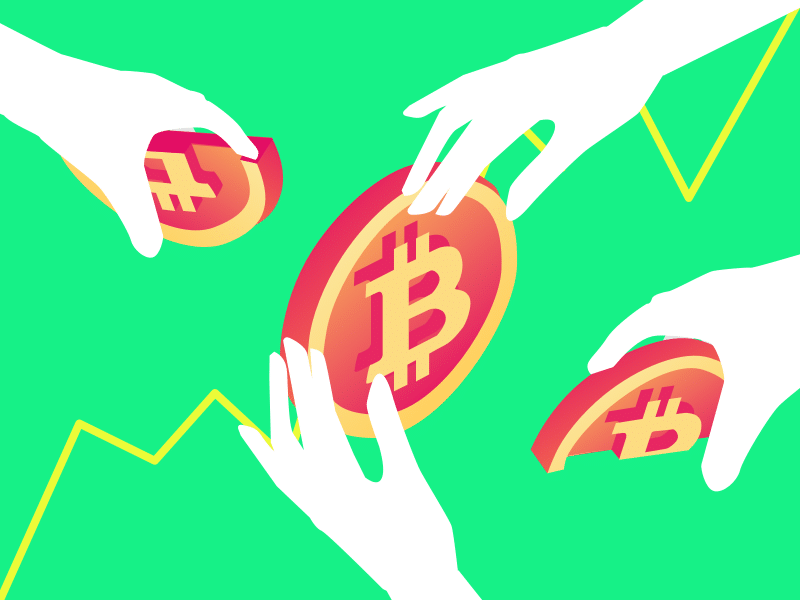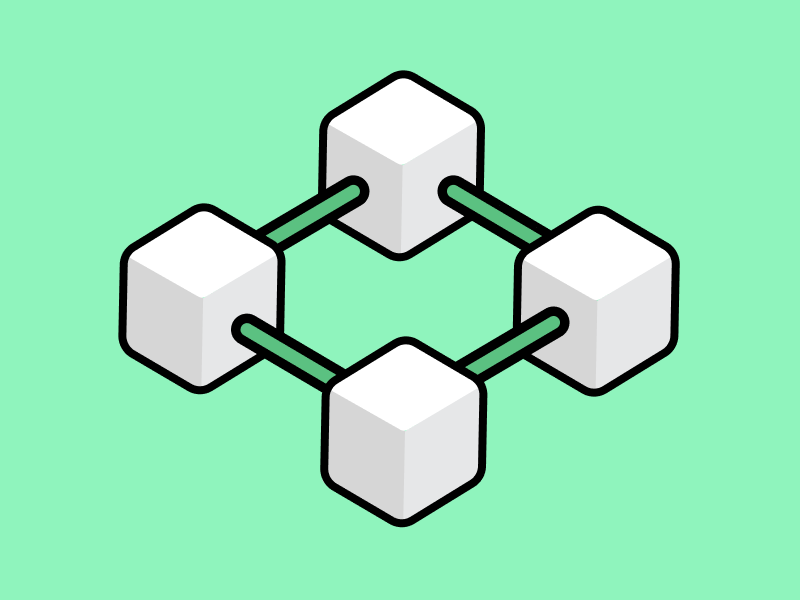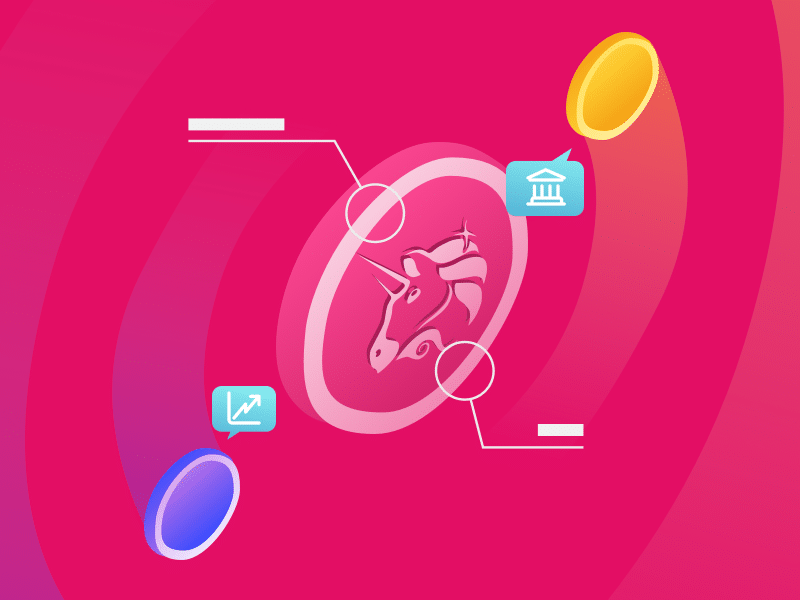What does Fork mean in Cryptocurrency?

We run software updates regularly, either on our computers, tablets, or smartphones. Similar to any software we use on our computers, digital currency also needs to be updated.
However, in the cryptocurrency world, the updates process is slightly different as compared to the usual software update. Bitcoin program runs as open-source software, which means the development of the program is run by many people around the world openly and transparently, not by a team of developers within a company.
To update a decentralized program such as Bitcoin, a Bitcoin developer will need to copy the Bitcoin program and then modified the code. This program will then be a new version that can be downloaded on the internet by everyone. However, the old program is also still available to be downloaded. Any users (such as miners or full nodes) can choose to run which version. The split between these programs created split branches, which is why this process is called a fork.
Fork has two types: hard fork and soft fork. A hard fork is a change in the software that is not compatible with the old version. This usually happened when there are changes that are against the old protocol. For example, if miners (computers that verified the bitcoin transactions) split into two and they run bitcoin software that is not compatible with one another, therefore the blockchain will split into two sets of different networks. This incident is what we called a hard fork.
A soft fork is a software update that is still compatible with the old version. This update is adhering to the old protocol so it can be running parallel with the old version. In other words, whenever there is a soft fork, a miner can update their software but they can also run the old version, so the blockchain will not split into two different blockchains. Soft fork and hard fork can either happen based on planning or debates between all parties in the bitcoin space.
Decision Making
In the Bitcoin Network, there are at least three parties that can make decision about the Bitcoin protocol: they are developers, miners, and full nodes.
Developers are responsible to create and update Bitcoin’s program code. Miners are the party that secured the Bitcoin network and spend energy to verified transactions and created a new block within the blockchain. Full nodes are the Bitcoin users that kept the entire ledger from the beginning of Bitcoin is created. Full nodes validate, send and accept transaction and also help to provide infrastructure such as block explorer (a website to check Bitcoin transactions within the Bitcoin network)
If a developer would like to update a code, he can copy the Bitcoin program and update that code, however he can’t force the miners or full nodes to adopt the codes/the new version. Miners and full nodes can choose if they want to run the old or the new version software.
With this kind of decision making, the updates in the crypto programs should be planned accordingly. Developers, miners and full nodes need to reach a consensus before there is any changes. Every parties has a vote when there is an update.
What is the benefit of forking for the investors?
Whenever there is a hard fork, all the previous transactions in the old protocol will be included in the new protocol. So if you have some coins from the old protocol, you are automatically will get the same amount coin in the new protocol. However, the value of that coins will depend if the new protocol can survive and can store value in a long period of time.
Some people think they can get profit from fork because they get extra free coins. As an example, Bitcoin experienced a hard fork on 1 August 2017, a new coin emerged called Bitcoin Cash . So if before the 1st of August you have 2 BTC, then after the 1st of August you also automatically got 2 BCH in the Bitcoin Cash network.
However, these coins don’t necessarily have the same value. When the fork happened in 2017, 1 BTC is equal to $3,600 and 1 BCH equals $300. At the moment (Mei 2021) 1 BTC is equal to $55,000 (15x) and 1 BCS is equal to $1,300 (4,3x). Even though these coins don’t have the same gain ratio, investors are looking forward to this moment so they can accumulate free coins and earn profits.
Share
Related Article
See Assets in This Article
BTC Price (24 Hours)
Market Capitalization
-
Global Volume (24 Hours)
-
Circulating Supply
-


